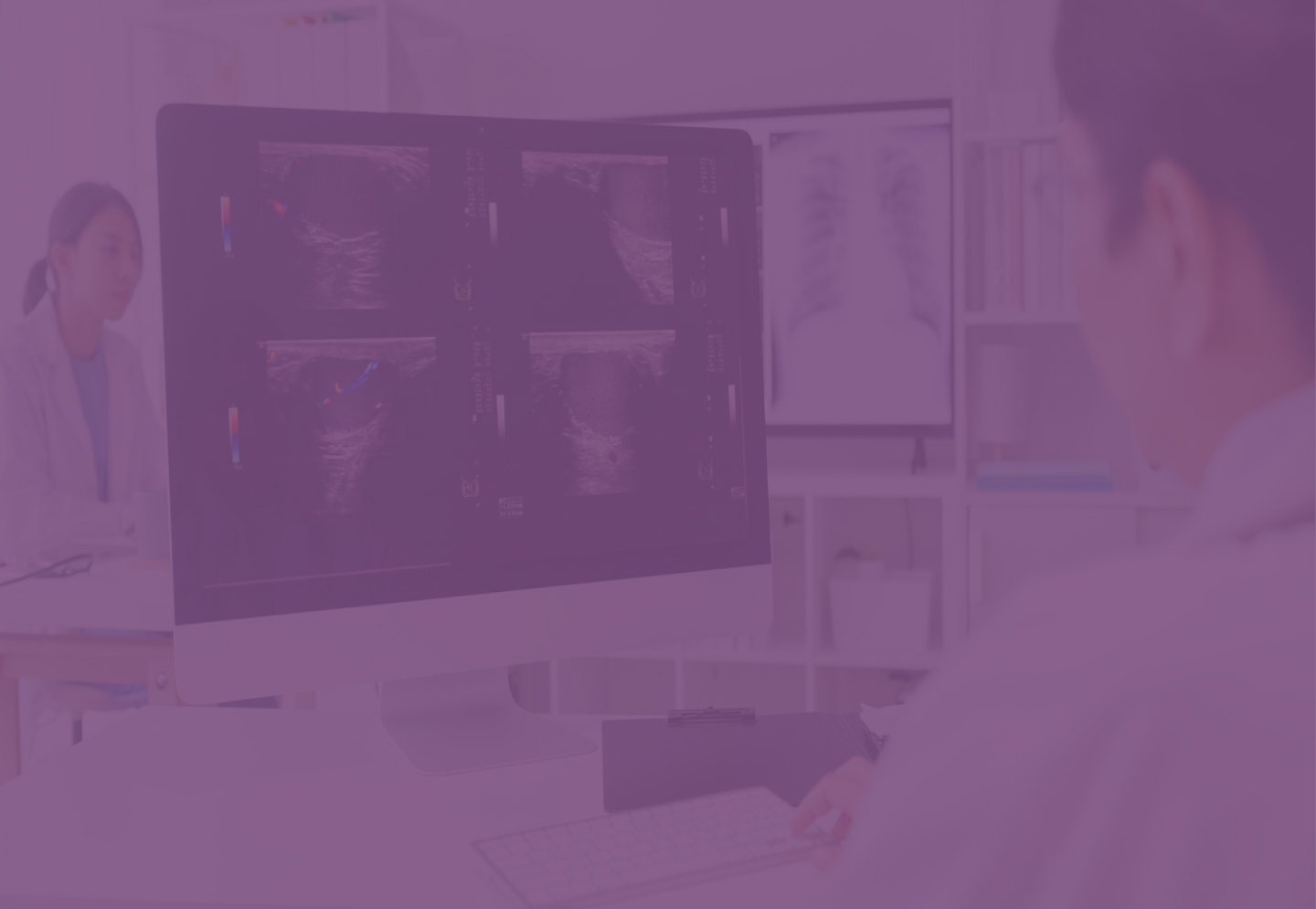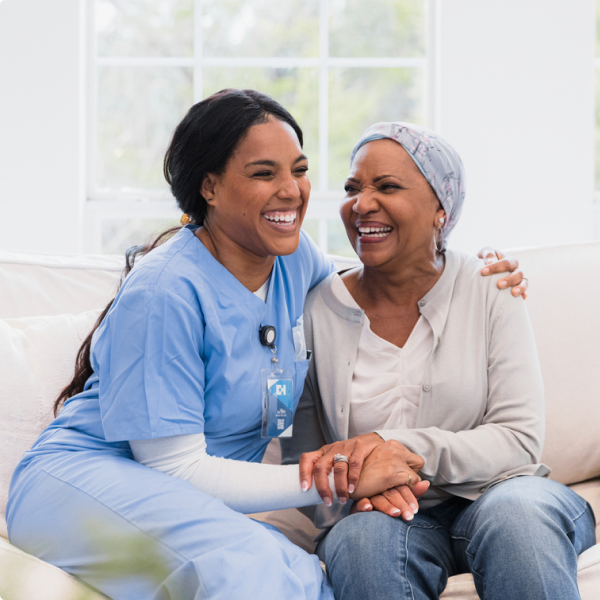
Cancer risks, screening, and prevention
Reduce your cancer risk. See our tools and resources below to learn about your personal risk factors and the importance of recommended screenings. Prevention and early detection are crucial. If you’ve been diagnosed with cancer, connect with one of our care navigators today to learn about your Carrum Health benefit.

A guide to cancer screening for women
Your healthcare needs can change a lot throughout your life. Here’s a helpful guide for which cancer screenings you should get depending on your age.
A guide to cancer screening for men
Your risk for different cancers changes as you age. Learn when and how often you should get different screening tests.

Assess your cancer risk and take control
City of Hope developed this assessment tool to help save lives by sharing key prevention strategies. They utilize the gold standard of clinical guidelines developed by physicians on their Risk Management Task Force.


Access expert
cancer care today.
Don’t wait. No matter where you are in your cancer journey, take the first step toward better care with Carrum Health. Get started today.
